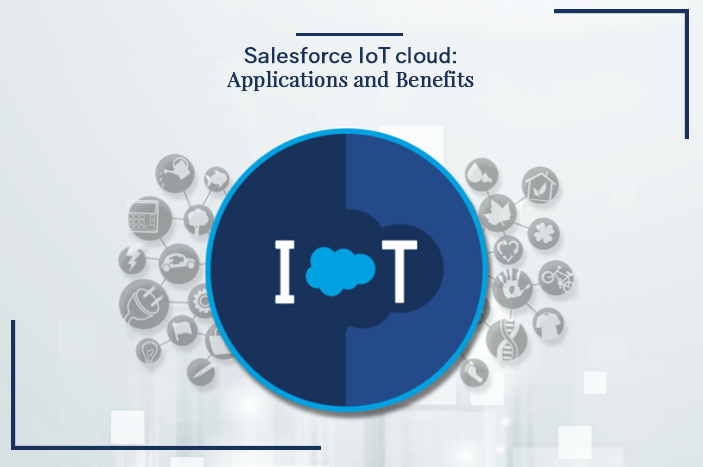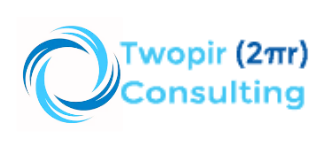Salesforce IOT

Salesforce, the leading CRM (Customer Relationship Management) platform, has now entered the world of IoT (Internet of Things) with the introduction of Salesforce IoT Cloud. IoT has been transforming the way we live, work, and communicate with each other. With the addition of IoT capabilities to its CRM platform, Salesforce is enabling businesses to harness the power of connected devices and data to deliver personalized, proactive, and intelligent experiences to their customers.
What is Salesforce IoT ?
Salesforce IoT Cloud is a platform that allows businesses to connect their IoT devices, sensors, and other data sources to their Salesforce CRM platform. This integration enables businesses to leverage the power of IoT data to deliver better customer experiences, streamline their operations, and improve their bottom line. With Salesforce IoT, businesses can:
- Connect Devices: Salesforce IoT allows businesses to connect any device, sensor, or machine to their CRM platform, whether it is a smartphone, wearable device, smart appliance, or industrial machine.
- Collect Data: Once connected, these devices can collect data in real-time, such as location, temperature, usage, and other relevant information. This data can be stored in Salesforce or other data stores, such as Amazon Web Services (AWS) or Microsoft Azure.
- Analyze Data: Salesforce IoT uses advanced analytics tools, such as Einstein Analytics, to analyze the data collected from IoT devices. This analysis can provide businesses with valuable insights into customer behavior, product usage, and operational efficiency.
- Automate Actions: Based on the insights obtained from data analysis, Salesforce IoT can trigger automated actions, such as alerts, notifications, or service requests, to improve customer experiences or streamline business operations.
How can businesses benefit from Salesforce IoT ?
Improved Customer Experience: By integrating IoT data into their CRM platform, businesses can gain a deeper understanding of their customers’ behavior, preferences, and needs. This understanding can help them deliver more personalized and proactive experiences to their customers.
For example, a retailer can use IoT data from in-store sensors to understand how customers move around the store, which products they interact with, and what promotions they respond to. Based on this data, the retailer can tailor their in-store experience to match the customer’s preferences and increase their likelihood of making a purchase.
- Streamlined Operations: IoT data can also help businesses optimize their operations, reduce costs, and improve efficiency. For example, a manufacturer can use IoT data from sensors on their machines to monitor performance, predict maintenance needs, and prevent downtime. This data can help them schedule maintenance at the right time, reduce the risk of equipment failure, and improve overall productivity.
- Increased Revenue: By delivering personalized experiences and streamlining operations, businesses can increase customer loyalty and drive revenue growth. According to Salesforce’s research, businesses that use IoT to personalize customer experiences can see a 10% increase in revenue, while those that use IoT to optimize operations can see a 15% increase in productivity.
Conclusion:
Salesforce IoT Cloud is a powerful tool that can help businesses transform the way they interact with their customers and run their operations. By connecting IoT devices to their CRM platform, businesses can collect valuable data, gain insights, and automate actions that can improve customer experiences, streamline operations, and increase revenue. With Salesforce IoT, businesses can stay ahead of the competition by delivering personalized, proactive, and intelligent experiences to their customers.
Contact Us
We would love to hear from you
Please feel free to send us a message via the form
